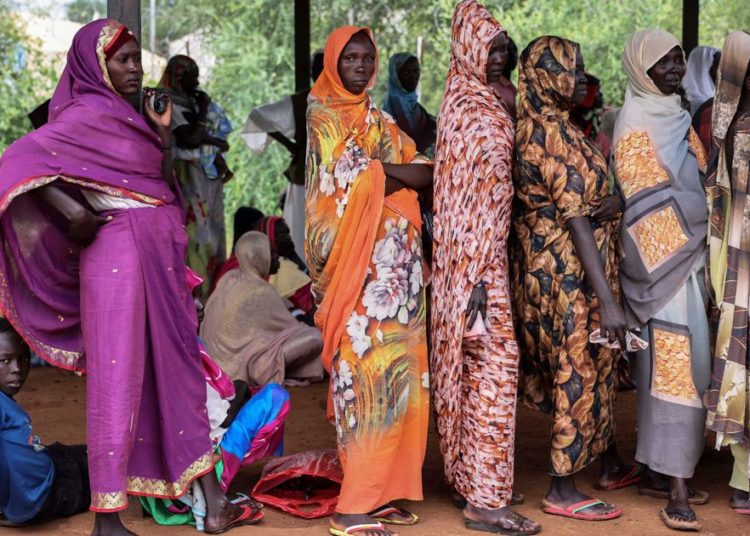In less politically contentious times, the question about State Supreme Court justices on the ballot this Tuesday in Pennsylvania would have drawn relatively little notice. But these contests, called retention elections, are closely watched this year, as they could decide control of the highest court in the most important swing state in the country.
Voters will decide whether three justices who were elected as Democrats to the State Supreme Court in Pennsylvania keep their seats for another 10-year term (or until they reach mandatory retirement age). Those justices are Christine Donohue, Kevin M. Dougherty and David N. Wecht.
The court, which has a 5-to-2 Democratic majority, has in recent years played a significant role in national politics, weighing in on questions related to voting and redistricting, and it could play a crucial role in the next presidential election.
Why does Pennsylvania have these elections?
The court’s justices are first elected in partisan elections. When their initial 10-year terms expire, voters are then asked in a simple “yes” or “no” vote whether they should keep their seats.
The process is intended to give voters oversight without sending powerful sitting justices back into the political fray.
What happens if a candidate loses?
Gov. Josh Shapiro, a Democrat, could nominate an interim replacement for any vacancy, but he would need approval from the Republican-controlled State Senate. A full election to select a permanent replacement would be held in the next odd year.
If all three justices lose and the Senate declines to support the governor’s interim picks, the court could be deadlocked until the next election.
If history is any guide, the three justices on the ballot Tuesday should have strong odds of keeping their seats. Only one justice has lost a retention election in Pennsylvania this century.
Do other states do it this way, too?
Retention elections are not uncommon; 19 states use them to retain judges on their top courts, according to a tally by the Brennan Center for Justice, a law and policy organization.
But the specifics of Pennsylvania’s system are less common. Only Pennsylvania, Illinois and New Mexico require judges to initially run in partisan elections and then stand in nonpartisan retention elections to keep their seats, the Brennan Center said.
Nick Corasaniti is a Times reporter covering national politics, with a focus on voting and elections.
The post Pennsylvania Supreme Court: What Is a ‘Retention Election’ and How Does It Work? appeared first on New York Times.




